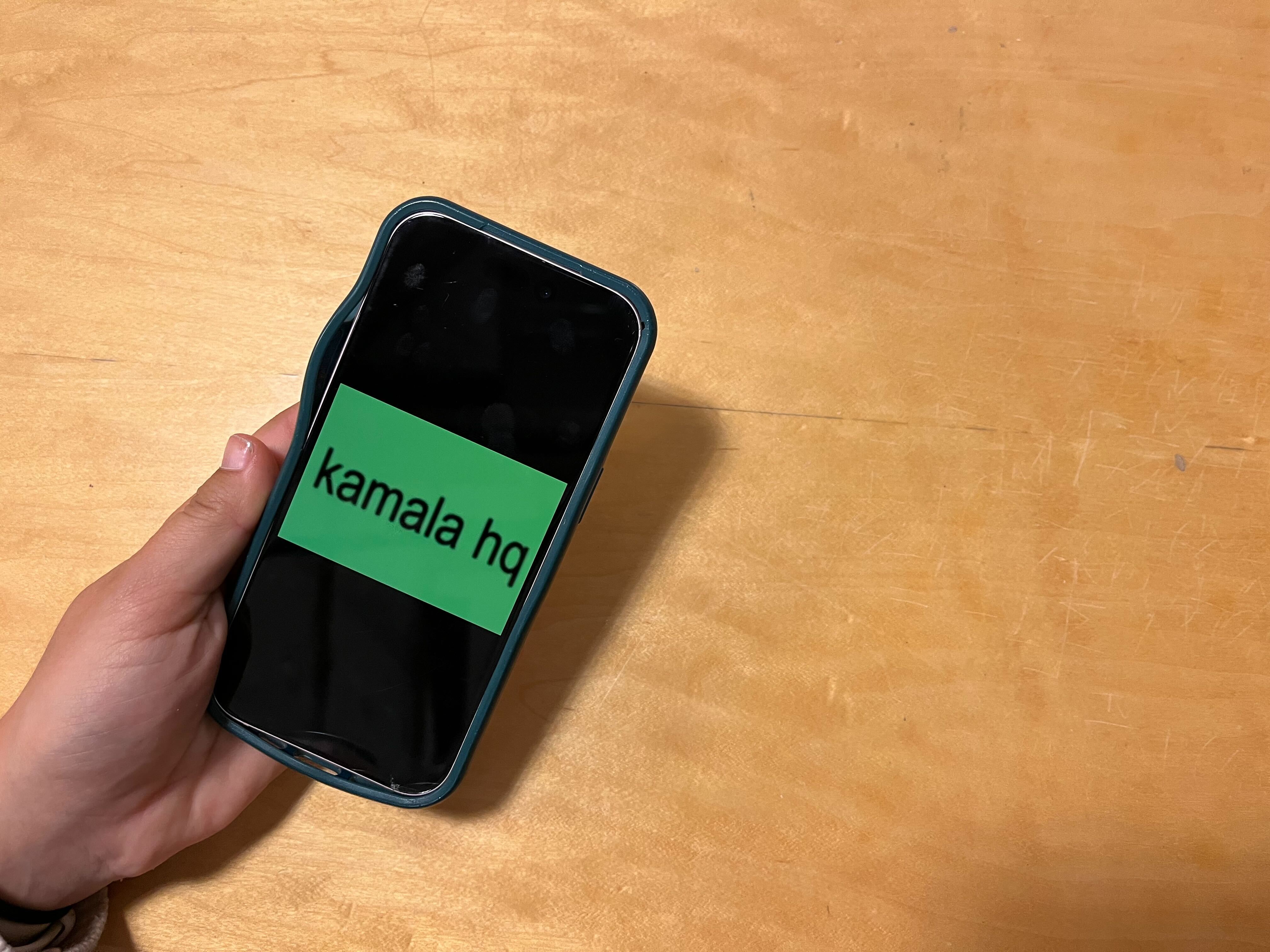In one week, American voters will “Pokemon Go to the polls.”
From coconut trees accompanied by “Von Dutch” to Donald Trump’s recent stint as a McDonald’s worker, in the past decade, political memes have become popular, quick vehicles for political messages on social media platforms like X, Instagram and TikTok.
Memes often recast references to current events, politicians’ gaffes and debates in a humorous light. Still, Stanford professors and students are doubtful of its impact on voter opinions and behavior.
“I would be skeptical that any political meme is going to change someone’s opinion on either who they should vote for or on which side of an issue they should be on,” said Emilee Chapman, a political science professor.
Morris Fiorina, another political science professor, echoed the sentiment and said the effect of memes is “minimal.” To Fiorina, memes are comparable to ads.
“You’re trivializing somebody’s point of view or somebody’s experience or their personality, but you’re doing it in a very quick way of showing an image, rather than doing a 30-second campaign ad,” he said. “Research shows that ads have virtually no effect.”
Even so, campaigns are spending millions of dollars on social media ads. Since the beginning of the 2024 presidential election cycle, over $1.6 billion has either been spent on ads that have already run or been booked through Election Day, with Democrats spending $882 million to Republicans’ $721 million.
“There’s an industry out there that makes a lot of money — the political advertising industry — and it’s not clear that anything works, but nevertheless, nobody dares not to do it. You can’t just let the other side spend millions and you spend nothing,” Fiorina said.
At the congressional level, many voters in the Bay Area may have noticed an influx of social media ads on Instagram or YouTube from Sam Liccardo or Evan Low. Liccardo’s campaign has spent $1.2 million on campaign advertisements, event space and other expenses made while reaching voters, compared to Low’s $525,175.
Several students that The Daily spoke are also skeptical, recognizing that the succinct nature of memes limits their educational potential.
“They’re purposefully short and entertaining to capture your attention and get as many views as possible,” said Jessie Wang ’28, who is studying political science.
According to Jennifer Pan, professor of communication, while memes can raise awareness, they often do so at the expense of deeper understanding. She wrote that research shows political memes can increase political knowledge but not as much as reading traditional news articles. Pan added that the negative effects of political memes depend on whether political memes take over the consumption of other forms of media.
However, Chapman said that political memes do affect voter identity.
“One of the things that I imagine political memes do is help people to conceptualize what they’re doing as part of a group,” Chapman said. “This group dynamic may widen social distance between opposing viewpoints, leading to what political scientists term “affective polarization.”
Individuals feel they are part of a group that understands a particular issue while distancing themselves from those who do not. Memes can create a sense of insider language which may reinforce existing beliefs rather than challenge them, Chapman said.
For Isha Kalia ’25, while political memes may not effectively educate, they can motivate viewers to seek more information. Kalia, president of Stanford Women in Politics, said she observed that memes make political topics less intimidating and relatable for young people.
“I feel like it makes topics a lot more digestible and more relatable for people of our generation. They offer a less formal entry point into political discussions that might otherwise feel daunting,” she said. She explained that even if memes don’t lead to immediate action, they can help make political engagement feel less “out of reach.”
Still, Kalia remains doubtful about the extent to which memes translate into tangible political action.
“Action can be something as little as talking to your friend about a candidate, but I don’t know if I sit under the belief that seeing a funny TikTok about Kamala Harris is going to encourage someone to start canvassing and calling voters the next day,” she said.
Gavin McDonell ’24 M.S. ’25 agreed that the brevity of memes doesn’t include room for “real in-depth analysis” but said that there were times when he learned about something that happened through a meme, which prompted him to do further research and cross-reference to make sure it was true.
For those who consume less political content, though, political memes may leave a larger impact. Nicolas Coleman ’26, who said he doesn’t often engage with political content on social media, said that when a political meme “pop[s] up on [his] Instagram algorithm, it’s like a big fish in a small pond.”
Wang emphasized the dual nature of memes as educational stepping stones.
“For young voters, who maybe this is their first time voting, I think seeing a political meme is actually a way of educating themselves,” Wang said.
Before Nov. 5, memes just might give voters the “concepts of a plan.”
